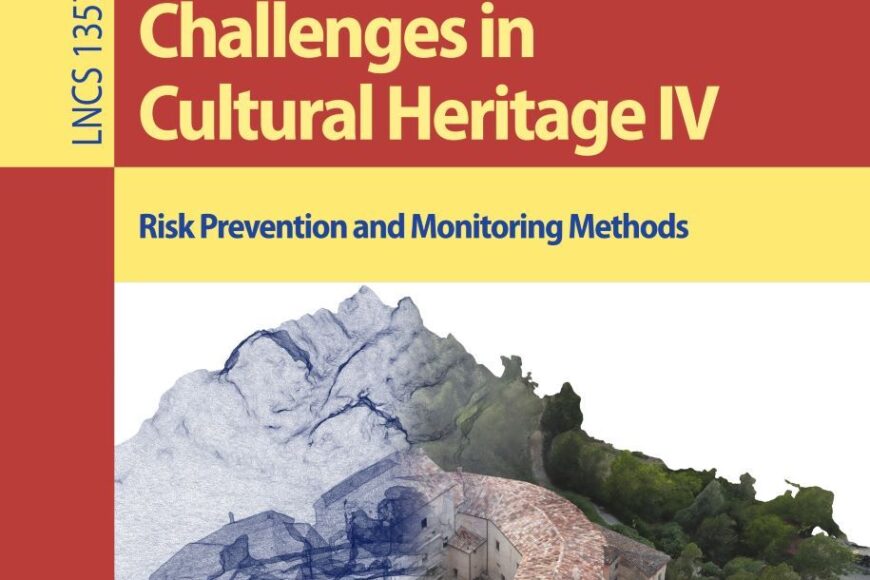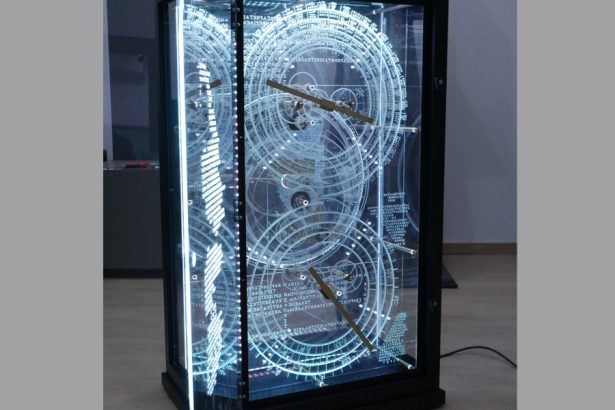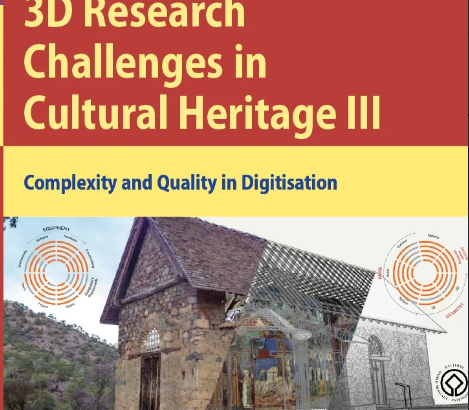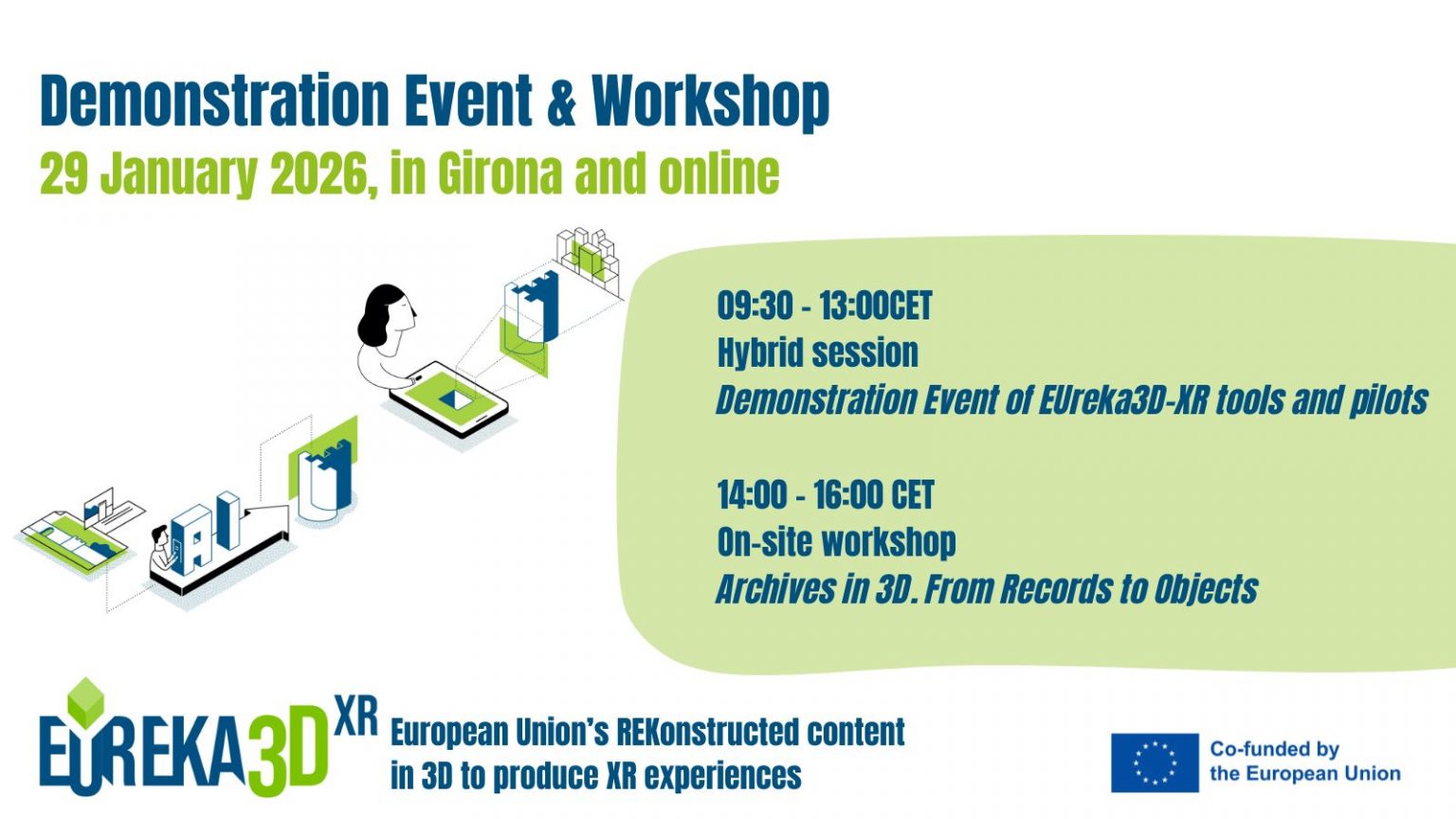Risk Prevention and Monitoring Methods
Editors
Marinos Ioannides, Giovanni Issini & Daniel Oliveira
Abstract
This open-access book presents a collection of papers focusing on a range of digital technologies and their use in the protection and restoration of cultural heritage. Digital tools – from 3D scanning and photogrammetry to Heritage Building Information Modelling (HBIM), Digital Twins, and Extended Reality (XR) – are transforming the way we understand and care for tangible heritage. These technologies are applied to both record the physical form and material conditions of a site and to permit simulations of deterioration, design interventions, and careful reconstruction.
A central theme of this volume is post-disaster restoration and how the scientific and technical aspects of restoration can be made accessible to a broader audience through innovative visualizations, interactive platforms and storytelling. Digital tools should not only serve experts but also allow the public to participate both on-site and remotely via the web. This book advocates a holistic approach to heritage management, combining cutting-edge technology with local knowledge, risk analysis with creative reuse, and positioning the act of restoration as a bridge connecting the past, present and future.
- This book is open access, which means that you have free and unlimited access
- Deals with digital technologies and their use in the protection and restoration of cultural heritage
- A central theme of this volume is post-disaster restoration
- This publication was partially supported by the European Commission
Available from SPRINGER (2025/07/14)





